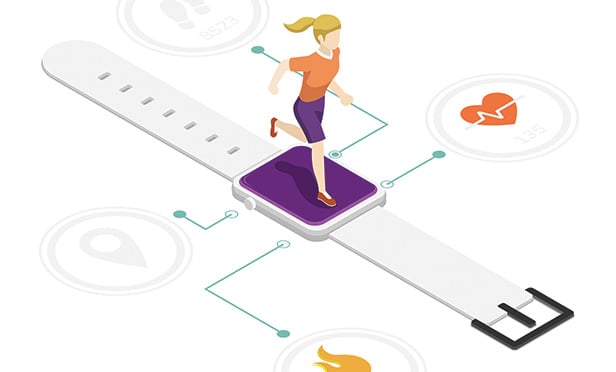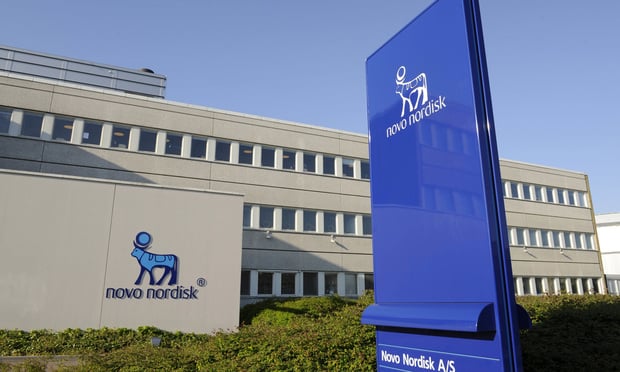 Employers should leverage all of the employee data they have and apply advanced analytics and machine learning to better predict which programs to deliver and how to drive targeted actions.
Employers should leverage all of the employee data they have and apply advanced analytics and machine learning to better predict which programs to deliver and how to drive targeted actions.
Millennials want much more holistic help from their employers that addresses all aspects of their well-being – physical, mental and financial, according to Welltok’s report, “Millennials: Raising the Bar for Wellbeing.”
Welltok surveyed more than 1,000 U.S. workers, 330 of which are millenials, and found that eight in 10 (78 percent) of that generation believe their company should do more to support their health and well-being needs.
Related: 4 ways to engage millennial employees
“Their health is an extension of who they are and transcends both work and personal life,” the authors write. “As a result, robust well-being offerings are a key component of benefit packages that today’s organizations are touting to recruit and retain millennials.”
Employers should also make it easier for employees to find resources, as just 23 percent of the millennials surveyed strongly agree they know where to find all of the health and well-being resources provided by their employer.
“Employers can meet millennial expectations by streamlining access to all programming in one, easy-to-use digital platform,” the authors write. “They also need to do this using a secure platform as millennials felt most strongly about maintaining data privacy compared to other generations.”
Millennials also want more personalized support. More than 60 percent of those surveyed feel that everyone at their workplace is offered the same resources, and 62 percent say that they have been offered irrelevant resources. The majority (85 percent) of millennials say they would participate more in company programs if they received more relevant support.
“Employers can win millennials over by giving them relevant total well-being support,” the authors write. “This is possible by using consumer data, including social determinants of health, to gain deeper insights about millennials as individuals, such as understanding their financial stability and family/relationship status, among other factors that impact health.”
Employers should leverage all of the employee data they have—both health and non-health-related, and apply advanced analytics and machine learning to better predict which programs to deliver and how to drive targeted actions, according to the report. “Over time, employers will also gain insights about which programs millennials are actually participating in, so they can optimize program offerings,” the authors write.
Millennials responding to the survey also say they are interested in a wide-range of incentives to participate in workplace well-being programs. More than half said they would be motivated by extra vacation time (64 percent), wellness benefits (56 percent) and flexible work schedules (53 percent). Less attractive incentives include donations to a charity of choice, commuter benefits, lunch with company leadership and volunteer time.
The survey also ranked millennials’ health and well-being priorities. Financial stability tops the list, followed by positive relationships at home and work; healthy eating habits; appropriate level of physical activity; manageable stress level; adequate sleep; having a higher purpose; and controlling or managing an existing health condition.
More than 40 percent of millennials say that work stress is negatively impacting their life, and more than half have seriously considered changing their work situation due to stress.
“With the large majority (73 percent) of millennials believing employers should be responsible for helping their employees manage/reduce workplace stress, this isn’t an issue that employers can afford to ignore,” the authors write.
Read more:
© 2025 ALM Global, LLC, All Rights Reserved. Request academic re-use from www.copyright.com. All other uses, submit a request to [email protected]. For more information visit Asset & Logo Licensing.








